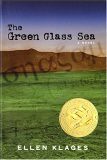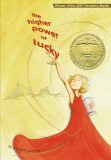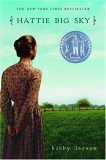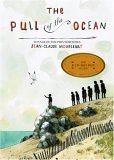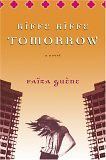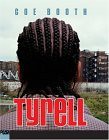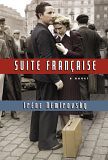 Bonjour Tristesse Francoise Sagan, translated from the French by Irene Ash
Bonjour Tristesse Francoise Sagan, translated from the French by Irene AshCecile loves the carefree and glittering lifestyle she and her father live in Paris. The summer is shaping up to be perfect--her father, his current mistress, and Cecile are spending the summer in a rented beach house. There’s even Cyril-- a nearby university student that Cecile tastes first love with. But then her father invites Anne, a friend of his late wife, to join them and it turns sour. Anne’s understand elegance forces out the mistress Elsa and the lifestyle that Cecile loves. When her father and Anne get engaged, Cecile, Cyril and Elsa hatch a plot to break them up, with tragic consequences.
While Sagan has some interesting and insightful comments about the type of people in Cecile’s life, especially her father, her age when writing this really shows. It’s written as Cecile looking back, mostly regretful for her actions, but then you realize that only a year has passed, and Sagan herself was only 18 when the book came out (younger when she wrote it) so while it well captures the emotions and logic behind Cecile, the older-and-wiser gets a bit tiresome as readers that actually are older and wiser will realize she still doesn’t get it, and it’s pretty obvious that it’s the author who still doesn’t get it, not the character.
THAT SAID, I did like a lot about it and I think it would lend itself really well to a modern YA-reworking, and it would work really well when aimed at an age-contemporary audience instead of adults. It’s a short book (without back matter, it’s only 130 pages in a small trim size) and she captures the languid summer beach atmosphere really well.
Not sure if I recommend it, but I am glad I read it.
Book Provided by... my local library
Links to Amazon are an affiliate link. You can help support Biblio File by purchasing any item (not just the one linked to!) through these links. Read my full disclosure statement.


